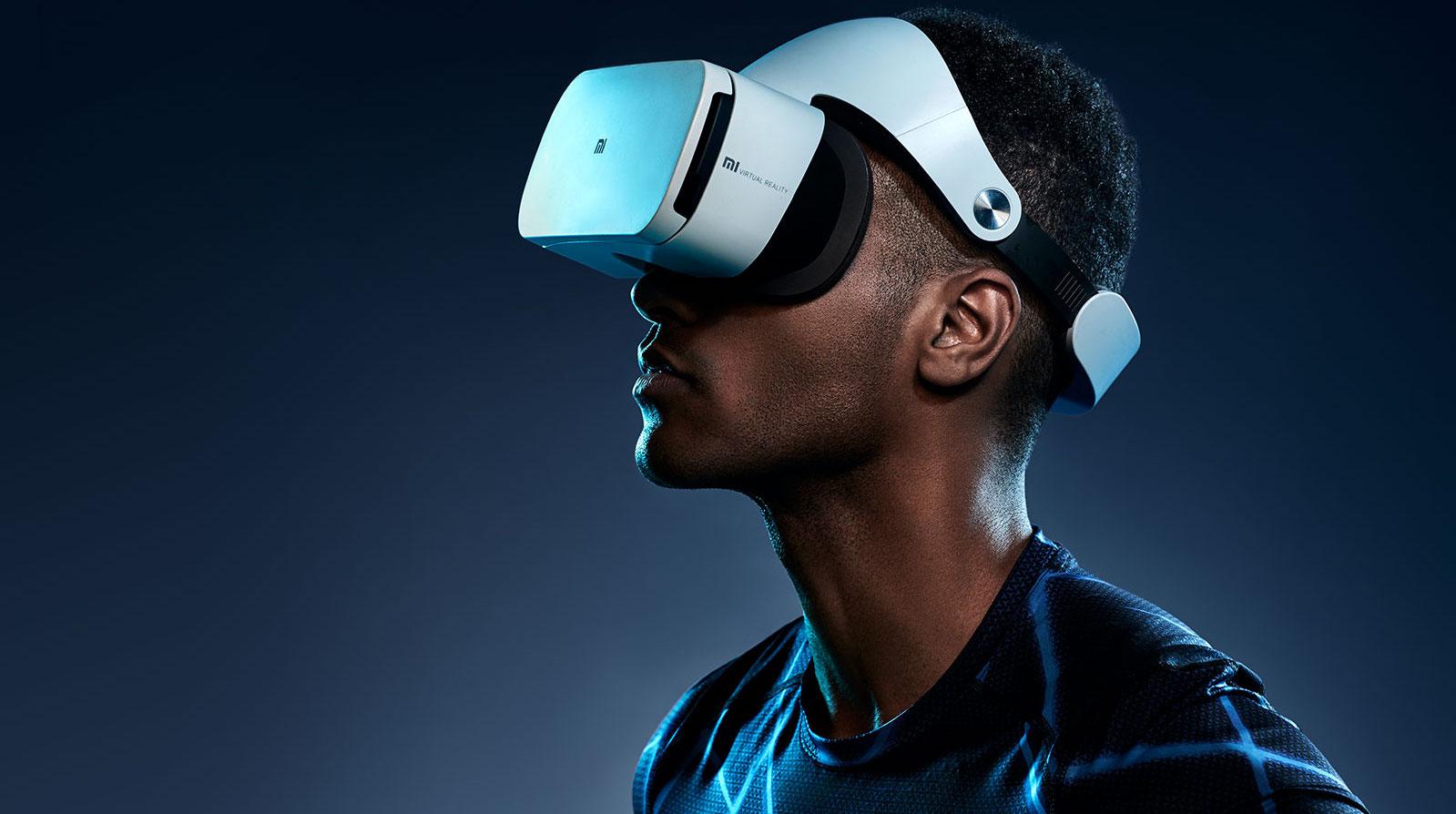By Aveek Pal Chaudhuri
 Virtual reality (VR) is becoming an indispensable part of many businesses as it is providing creative solutions to those. Due to innovative measures taken by software and hardware engineers in VR, business leaders are being able to incorporate VR technology in their works and it can be seen in various industries like retail, architecture, healthcare, education, automotive industry and more. Further many industries have just started to realize the benefits of VR and they are finding paths through which VR can be beneficial to their businesses.
Virtual reality (VR) is becoming an indispensable part of many businesses as it is providing creative solutions to those. Due to innovative measures taken by software and hardware engineers in VR, business leaders are being able to incorporate VR technology in their works and it can be seen in various industries like retail, architecture, healthcare, education, automotive industry and more. Further many industries have just started to realize the benefits of VR and they are finding paths through which VR can be beneficial to their businesses.
A Brief About Virtual Reality
What today considered as virtual reality is based-on the ideas of Jaron Lanier, an American computer philosophy writer who is considered as the founding father of virtual reality. Jaron Lanier along with Thomas G. Zimmerman (inventor of data glove) founded VPL Research, which was the first company to VR goggles and gloves. As Jaron recalls, during the development of these gears he used the term “Virtual Reality” for the very first time. Since then, VR has come a long way and has exhibited its capacity to alter and propel results in business arenas. Additionally, businesses are also able to differentiate themselves in undeniable and advanced methods in a hyper-competitive market due to VR.
The process of business alteration began with Intel Core i7 8th generation processors which are primarily liable for managing multiple jobs in VR systems. The CPU (Central Processing Unit) also provides important positional tracking so that simulations can align with the location of a user’s body movements. Furthermore, CPU is accountable for maintaining spatial audio that permits audio cues to match with user behaviors. CPU directs complex physics and makes virtual reality believable.
Reasons Why Virtual Reality Is The Present And The Future
1. HumanSim – HumanSim is software built on a mechanism that allows medical professionals to interact with each other easily. It is a platform that fosters medical training for individuals and team in a 3D environment.
2. VR Robotic Surgery – One of the most talked-about usage of VR is robotic surgery, which is performed by a robot and controlled by a human surgeon. VR is also used for training purposes for remote telesurgery when the doctor and patient are at two different locations.
3. Enhancing Children’s Social Experience – VR is creating an environment where children can have social experiences in VR social spaces. It is giving them the charge to attend educational seminars with students from any part of the world and is also making them familiar with foreign languages.
4. Extending Creative Scopes – There are some software and applications that are amplifying creative activities and helping in product design and coding. It is simplifying complex concepts and ideas for young minds to understand and providing a platform where they can come up with new ideas.
5. Adding New Columns in Entertainment Industry – VR has augmented entertainment industry where the industry is solely becoming increasingly interactive and tech-dependent. Also, for most of the people who have less time to spend on entertainment, VR headsets are giving them enjoyable content at any place.
6. Visiting New Places Sitting At Home – For people are having no time for tours, VR is helping its users to visit any place sitting at any time. With crystal clear graphics, these trips are becoming fitting and providing comfy to the users.
7. Improving Retail Experiences – As consumers are becoming highly dependent on internet and they are placing their trust on data available on internet for purchasing, famous e-retailers have started executing VR to solve major problems that are associated customer experience like lack of engagement and turning it into a highly interactive experience.
8. VR In Automotive Industry – There are car manufacturers that are trying to execute VR technology for delivering best vehicles. This market is advancing very fast as computers have become more powerful and VR along with augmented reality has already done billion-dollar business.
9. VR In Architecture – Not used much in architecture, but VR technology holds greater potential in this industry. From floor plans, 3D renderings, and models to project collaboration, and finishing touches that make a building design enormous, VR has the capacity to really foster these.
10. VR In Sports – VR has the possibility to make work for coaches and players easy as it allows coaches to monitor players from every possible angle based-on which coaches can review their performances. There are many professional teams that have already adopted VR for training purposes.
We use cookies to ensure you get the best experience on our website. Read more...